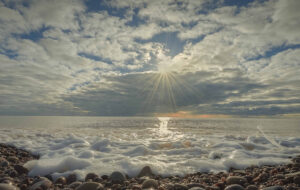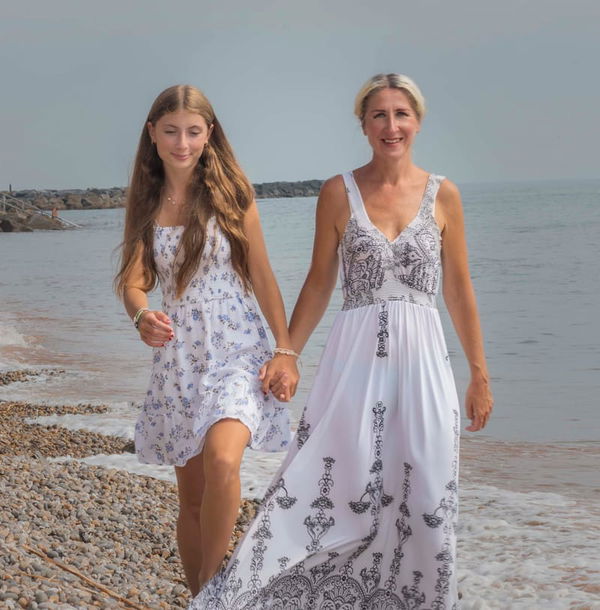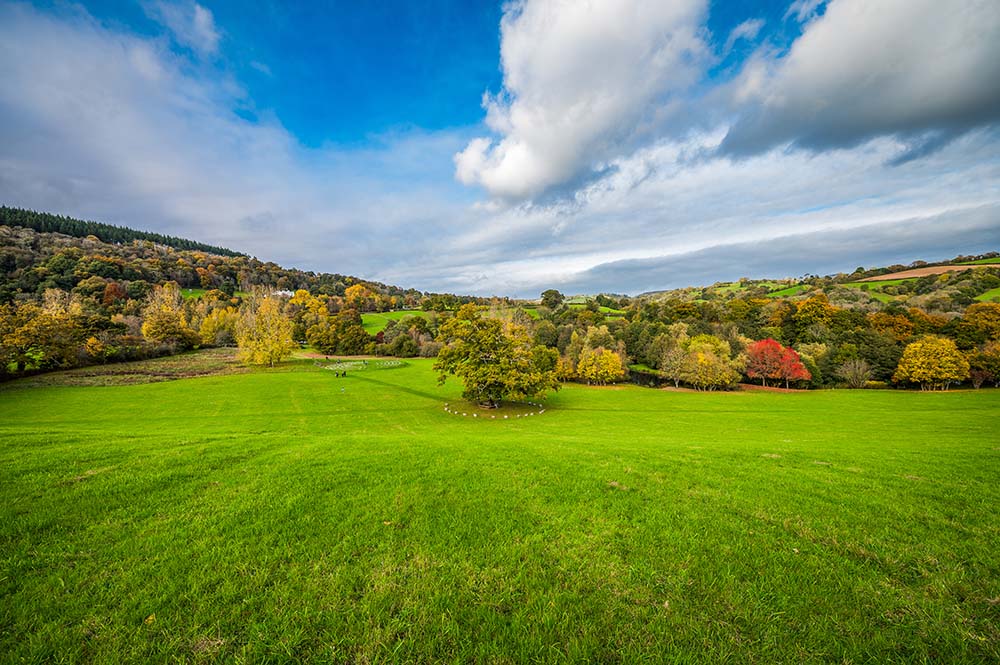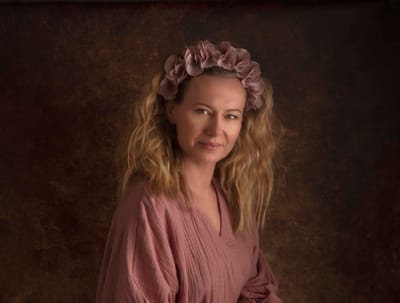Is it really possible to capture the perfect photograph amidst the unpredictable skies of Devon, or is a controlled studio environment the way forward? For those planning a photoshoot in this picturesque region, the question of choosing between the consistency of studio lighting and the natural ambiance of outdoor settings is essential. Each approach offers its unique advantages, from the ease of carefully curated lighting indoors to the charm of Devon’s varied landscapes outdoors. Understanding these differences not only affects the atmosphere of your imagery but also influences the final results.
Understanding Studio and Natural Light in Devon Photoshoots
Studio photography offers a controlled environment, allowing photographers to manipulate lighting conditions to achieve consistent results. This predictability is beneficial for those seeking specific aesthetic outcomes. In contrast, natural light photography is subject to the variability of weather and time of day, which can create challenges but also opportunities for dynamic and unique images. Both styles have their merits, and the choice between them depends on the desired mood and the logistical constraints of the photoshoot.
Devon’s diverse landscapes provide an exceptional backdrop for natural light photography. The region’s beaches, moors, and woodlands offer a range of textures and colours, enhancing the depth and character of images. Photographers can take advantage of Devon’s coastal scenery to create striking compositions that capture the essence of the location. These settings are ideal for those who value an organic and spontaneous feel in their imagery.
Studio Lighting Benefits:
- Controlled environment
- Consistent lighting
- Weather independence
- Predictable scheduling
- Formal and polished results
Natural Light Benefits:
- Dynamic and varied lighting
- Diverse backdrops
- Natural interactions
- Organic feel
- Cost-effective setup
When planning a photoshoot in Devon, it’s essential to weigh the advantages of studio and natural light photography. Consider the location, desired aesthetic, and logistical factors such as weather and timing. Each approach offers unique opportunities to capture memorable images, and understanding these differences can help make an informed decision that aligns with the vision for the shoot.
Choosing the Right Lighting for Your Devon Photoshoot
Lighting significantly influences the mood and quality of photographs, playing a critical role in defining the overall aesthetic. The choice between studio and natural light can dramatically alter the visual impact of a photoshoot. Each lighting type offers distinct advantages, depending on the desired outcome and the specific needs of the shoot.
Studio Lighting Techniques
Studio lighting provides photographers with a high level of control over the environment, allowing for consistent results. This predictability is crucial when a specific look is desired or when working within tight schedules. By using various lighting equipment, photographers can manipulate shadows and highlights to create polished and professional images. The controlled nature of studio lighting eliminates the unpredictability of weather, ensuring that shoots proceed as planned without disruption.
Natural Light Techniques
Natural light photography, particularly in a location like Devon, can yield stunning and authentic results. Devon’s coastal scenery and diverse landscapes offer beautiful backdrops that enhance the natural light’s effect. However, photographers must be adept at adapting to changing light conditions, as natural light can vary significantly throughout the day. The ability to harness this variability can lead to dynamic and captivating images, capturing the essence of the location and the subject’s interaction with the environment.
| Lighting Type | Pros | Cons |
|---|---|---|
| Studio | Consistent results, control over conditions | It may lack natural feel |
| Natural | Dynamic lighting enhances the location | Unpredictable, requires adaptation |
Exploring Devon’s Scenic Photography Locations

Devon’s natural landscapes provide an idyllic backdrop for outdoor photography, offering a diverse array of settings that are both picturesque and versatile. The county’s scenic beauty is characterised by its rugged coastlines, verdant countryside, and historic landmarks, all of which serve as stunning canvases for capturing memorable moments. These varied environments not only enhance the aesthetic quality of photos but also provide unique opportunities to experiment with natural light, creating images that are both dynamic and authentic.
Beaches in Devon are particularly popular for photoshoots, offering expansive horizons and a sense of openness that complements the natural light beautifully. Locations such as Woolacombe and Bantham provide sandy shores perfect for playful, candid shots, while the dramatic cliffs of Hartland Quay offer a more rugged, adventurous backdrop. These beach settings are perfect for capturing the interplay of light and shadow, especially during the golden hours of sunrise and sunset.
The countryside of Devon, with its rolling hills and lush woodlands, offers another dimension for photography enthusiasts. The moors, such as Dartmoor and Exmoor, present an untamed beauty that is ideal for capturing wide, sweeping landscapes. Woodland areas, like those found in Haldon Forest, provide a more intimate setting where dappled light filters through the trees, creating a magical atmosphere. These rural locations are well-suited for family and personal brand photoshoots that seek an organic and natural feel.
Historical sites also contribute to Devon’s rich tapestry of photography locations. The ancient ruins at Berry Pomeroy Castle and the timeless beauty of Exeter Cathedral offer a sense of history and grandeur that can add depth and context to images. These landmarks provide a dramatic setting for portraits, where the architectural details can be used to frame subjects and enhance composition.
Recommended Devon Photography Locations:
- Woolacombe Beach
- Dartmoor National Park
- Exeter Cathedral
- Haldon Forest
- Berry Pomeroy Castle
These diverse settings in Devon not only cater to various photography styles but also encourage creativity and exploration. Whether capturing the expansive vistas of the coastline, the intimate beauty of the countryside, or the architectural elegance of historical landmarks, Devon’s scenic locations provide endless opportunities for photographers to craft unique and compelling images.
Practical Tips for Planning Your Devon Photoshoot
Timing is pivotal when planning a Devon photoshoot, especially when choosing between studio and natural light. When is the best time for outdoor shoots? Just after sunrise or before sunset. These periods, known as the golden hours, provide softer, more flattering light that can enhance the subject’s features and add warmth to the images. However, these times may not always be practical due to scheduling constraints. To prepare effectively, photographers should scout the location beforehand, checking how light interacts with the environment at different times and adjusting their approach accordingly.
Essential Items for a Photoshoot:
- Camera and backup equipment
- Reflectors and diffusers
- Weather-appropriate clothing
- Portable lighting gear
- Snacks and water
- Props and accessories
Scheduling a photoshoot in Devon requires consideration of weather conditions, which can be unpredictable. Why is it important to consider weather and client preferences? These factors influence the overall success of the shoot. Clear communication with clients about their preferences and expectations is essential. Discussing the possibility of rescheduling in case of adverse weather is also prudent. Establishing a flexible approach enables adjustment to unforeseen circumstances, ensuring that the shoot aligns with the client’s vision.
Linava Photography excels in orchestrating well-planned photoshoots in Devon, offering personalised consultations to tailor the experience to individual needs. How can Linava Photography assist in the process? By providing expert guidance on location selection and timing, ensuring that each shoot is executed seamlessly. With a focus on client satisfaction and a deep understanding of Devon’s unique landscapes, Linava Photography helps capture stunning images that reflect the desired aesthetic and mood.
Benefits and Challenges of Studio and Natural Light Photography
Natural light photography, especially in Devon, offers numerous advantages, taking full advantage of the region’s picturesque outdoor settings. What makes natural light so appealing for photographers? Its dynamic quality and ability to enhance the natural beauty of landscapes. Devon’s diverse environments, from rugged coastlines to serene woodlands, provide a perfect backdrop for capturing authentic and lively images. The ever-changing natural light allows photographers to experiment with shadows and highlights, creating unique compositions. Additionally, outdoor shoots often encourage more natural interactions among subjects, particularly in family photoshoots, where minimal posing can result in genuine, heartfelt moments.
Studio lighting, on the other hand, provides the predictability and control that some photographers require. How does studio lighting offer consistency? By allowing photographers to manipulate and maintain lighting conditions regardless of external factors like weather or time of day. This reliability ensures that shoots proceed without unexpected disruptions, making it ideal for those who need specific outcomes or are working within tight schedules. The controlled environment of a studio facilitates precise adjustments to light intensity and direction, enabling the creation of polished and professional images. While studio settings may lack the spontaneity of natural light, they offer a stable platform for photographers to achieve their artistic vision.
| Aspect | Studio Light | Natural Light |
|---|---|---|
| Consistency | High | Variable |
| Environment Control | Complete | Limited |
| Natural Interactions | Minimal | Enhanced |
| Adaptability | Static | Dynamic |
Final Words
Deciding between studio and natural light for your Devon photoshoot hinges on capturing the desired atmosphere. Studio environments offer controlled lighting and convenience, but natural locations in Devon afford stunning backdrops that can elevate the experience. Each setting comes with distinct pros, necessitating a thoughtful approach when selecting lighting to enhance personal and family memories. By carefully Planning Your Devon Photoshoot: How to Choose Between Studio and Natural Light, you can harness the strengths of each environment to create memorable and impactful photos. Embrace the beauty and potential each option presents.
FAQ
What types of natural light are used in photography?
Natural light in photography includes direct sunlight, which creates strong shadows, diffused sunlight, offering soft lighting, and reflected light, providing subtle illumination.
How can you create natural light for photography indoors?
To create natural light indoors, use large windows to maximise sunlight, implement sheer curtains for softer effects, and arrange mirrors to reflect light into darker areas.
How does natural light differ from studio light?
Natural light, influenced by time and weather, offers changing conditions, while studio light provides controlled, consistent illumination, which is ideal for achieving specific results in photography.
Why use natural light in photography?
Natural light offers dynamic and organic conditions that can produce more genuine and emotive images, enhancing the subjects’ natural expressions and the authentic atmosphere of the scene.
What is the best time of day for natural light photography?
The best times for natural light photography are the “golden hours,” just after sunrise and before sunset, when the sunlight is softest, creating flattering tones and shadows.
What is key when shooting portraits using natural light?
When shooting portraits with natural light, positioning is key—utilise natural reflectors, such as walls, ensure the light is evenly distributed, and guide the subject for optimal exposure.
How do you plan a studio photoshoot?
Planning a studio photoshoot involves choosing the right lighting setup, selecting backdrops, arranging props, and coordinating with the client on style and objectives to achieve the desired outcome.
How do you make artificial light look natural?
To make artificial light look natural, diffuse the light to mimic the softness of natural sources, balance colour temperatures, and strategically position light sources to replicate natural shadows.





